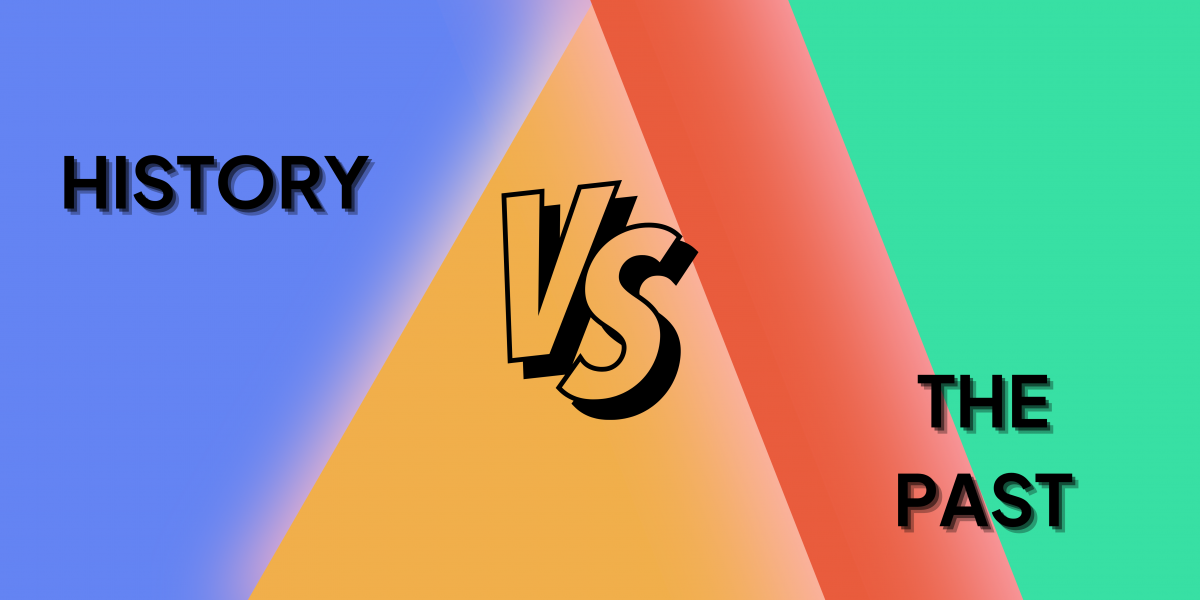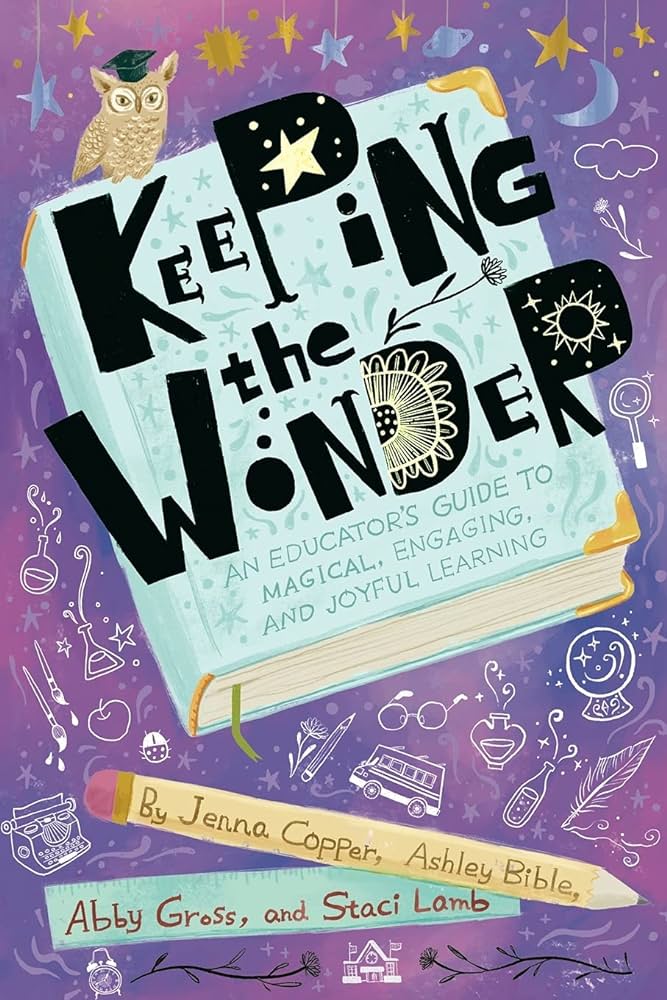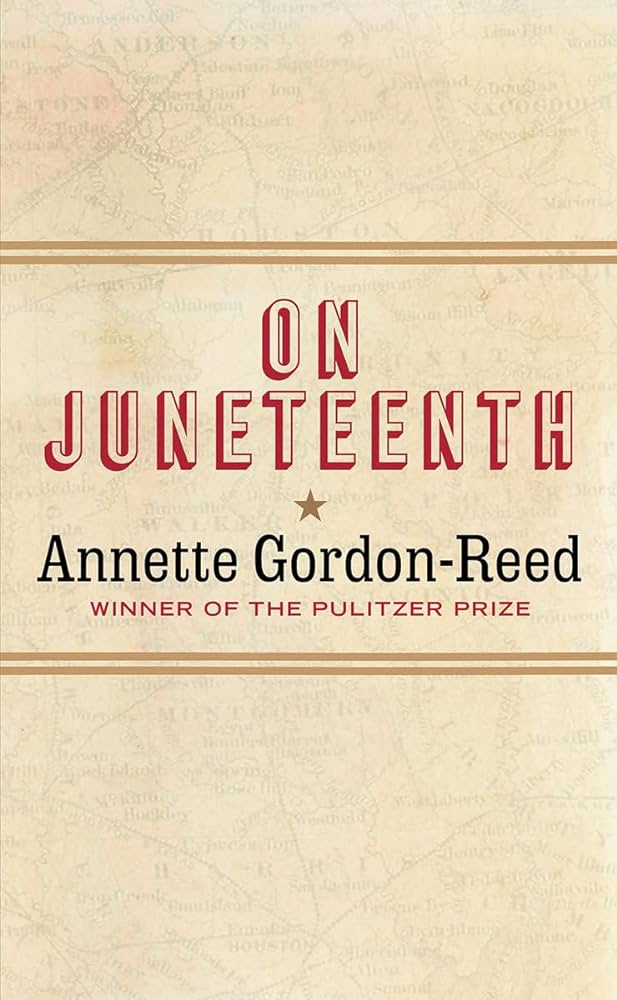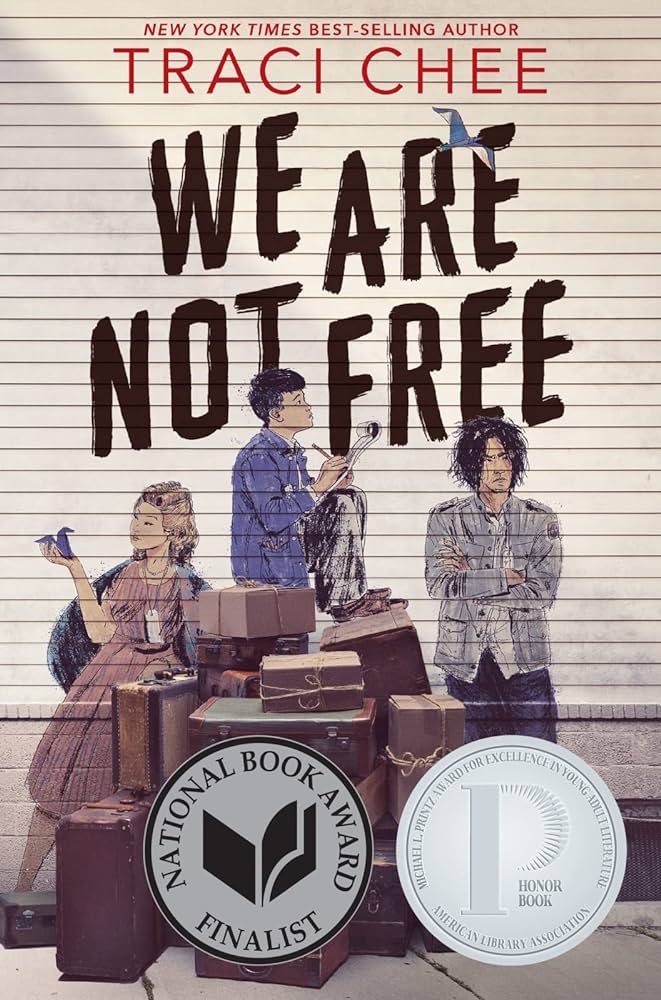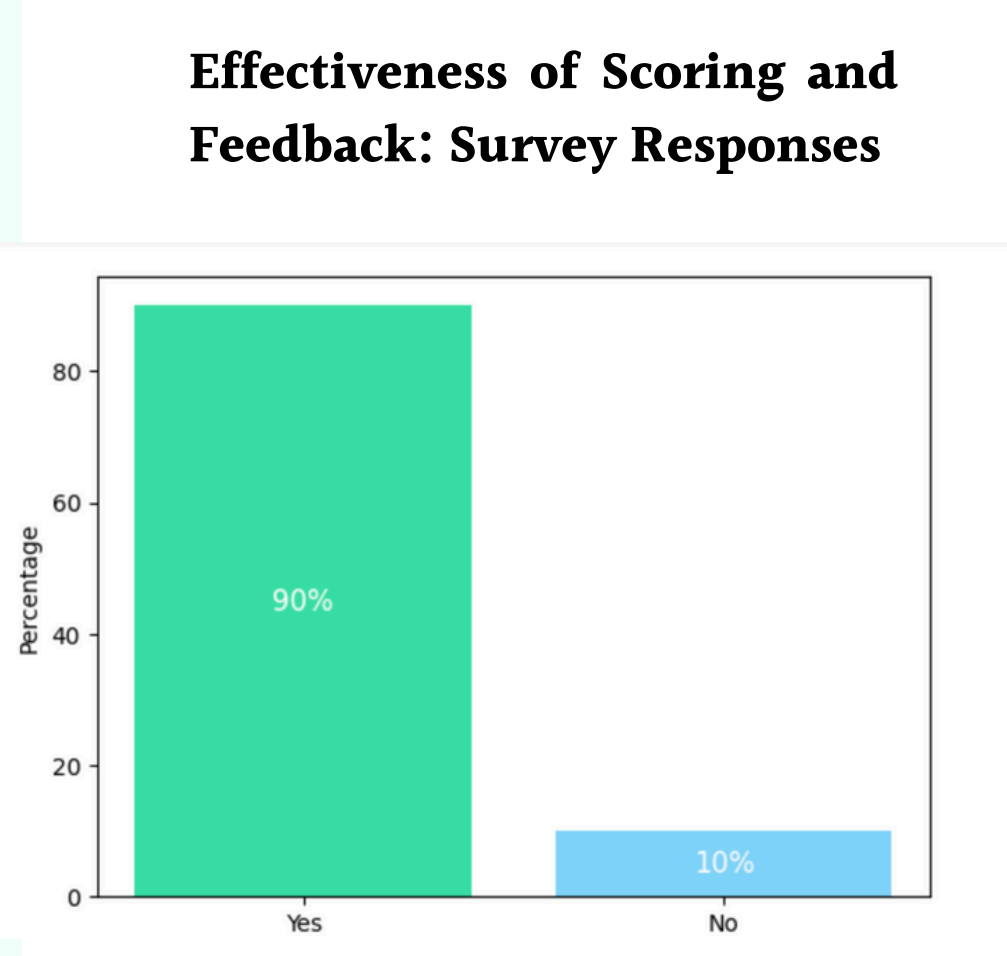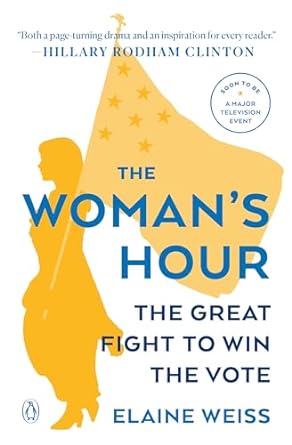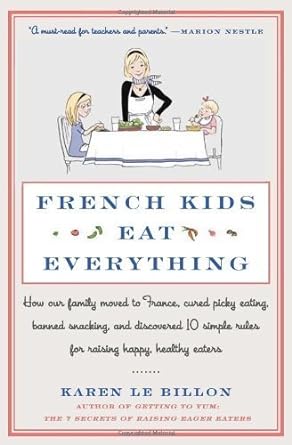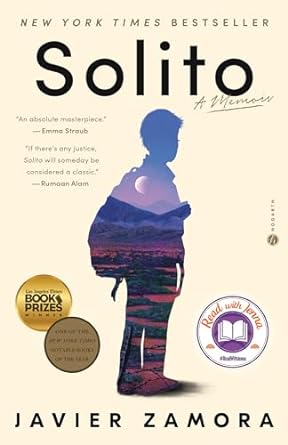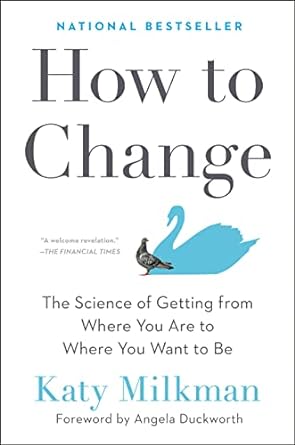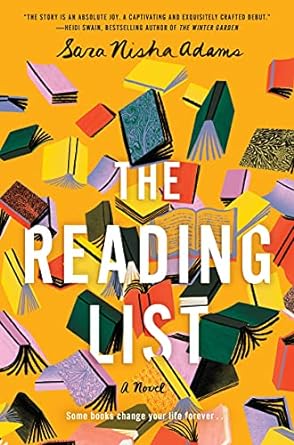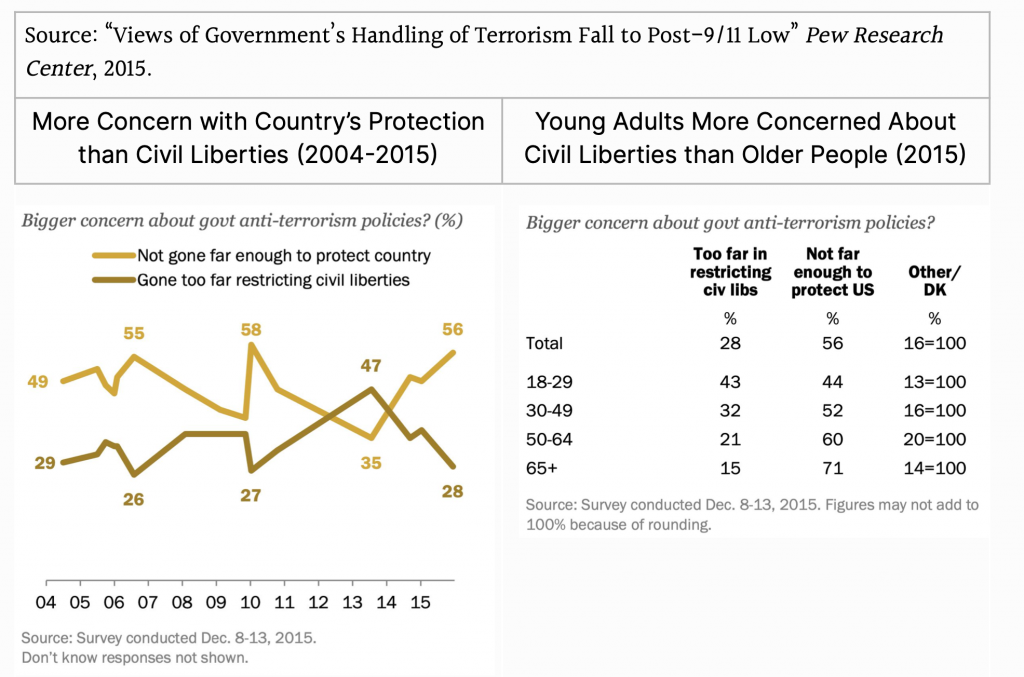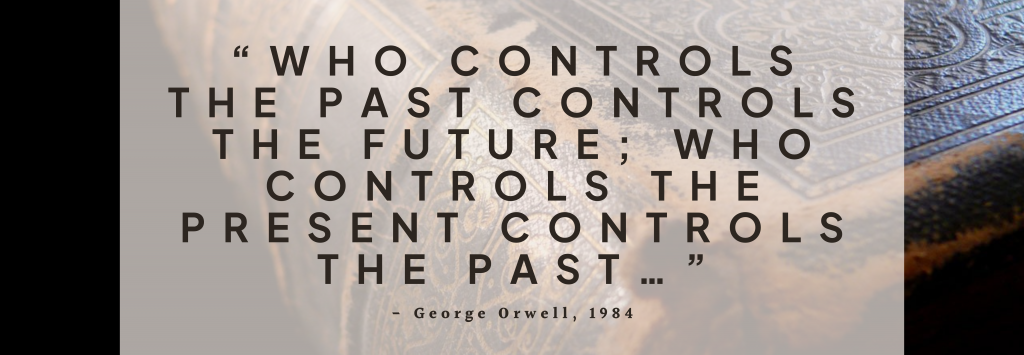
[Looking to Register for our Socratic Seminar Webinar on October 17th? Click here.]
Recently, I was explaining a lesson plan that I love to a non-educator. In the lesson, students encounter the contents of a wallet that has been left behind and draw conclusions about who the owner could be. Through this investigation, students are introduced to the task of using evidence from the past to make a claim.
I love this lesson because it prompts students to think critically about how historical narratives are constructed, encouraging them to question and carefully examine what we accept as truth. The person who was listening to my story, however, was disturbed by the lesson‒stating, “But, we do know what happened in the past. We have it written down.”
While there is some truth to that statement, it really comes down to understanding the difference between “history” and “the past.” While these two words seem very similar, they aren’t the same thing and the distinction between them is important.
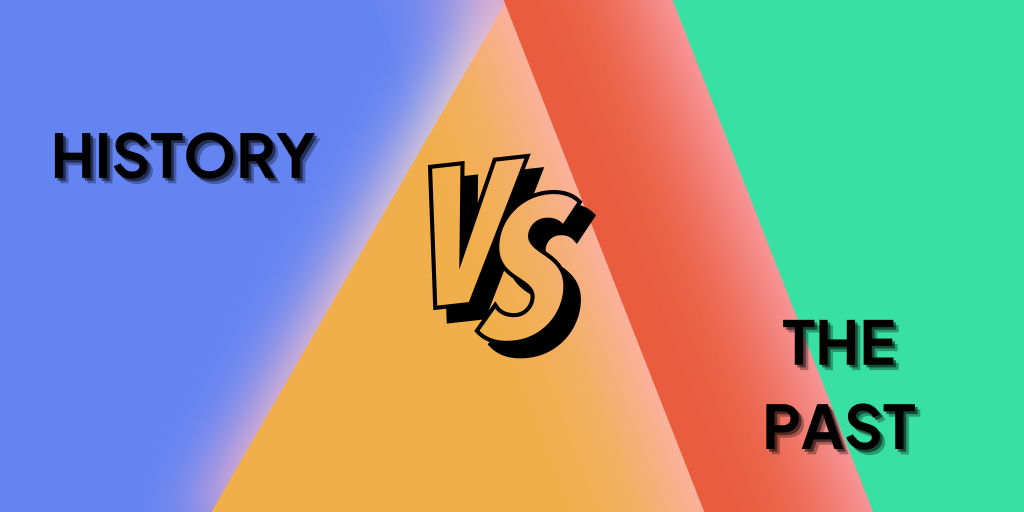
“The past” refers to everything that has ever happened since the beginning of time. However, much of the lives and actions of the majority of people, along with the objects they used, have been lost to time‒often because they were never recorded or were intentionally erased. This means that much of the past is truly unknowable.
“History” is the study of the past. When we are engaging in the study of the past, we are engaging in the study of the ‘knowable’ past‒ the parts that have been recorded and preserved.
“Revisionist history”
This explains why history is sometimes “revised” or “reinterpreted.” While the past itself remains unchanged, history evolves as evidence is uncovered or reexamined, at times enriching and other times disagreeing with our previous understandings.
When a historical event or development is dealt with in a new light, the author can sometimes be disparaged‒labeled “a revisionist.” These reinterpretations are often criticized not based on their merits, but simply because they challenge the established view or narrative.
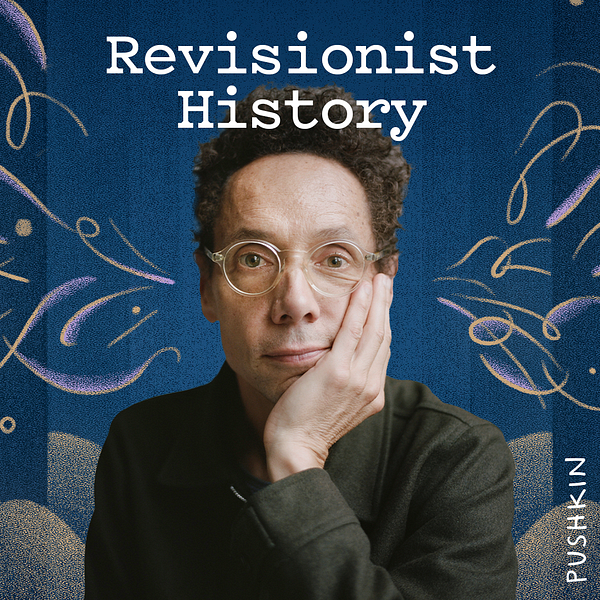
Malcolm Gladwell, staff writer for The New Yorker, capitalizes on this controversy in his podcast, “Revisionist History.” By asking about the origins of the understanding about something from the past, he asks “whether we got it right the first time. Because sometimes the past deserves a second chance.”
It is interesting, though not surprising, that challenging the historical narrative sparks controversy, particularly among those who purport to value objective truth.
As historian James M. Banner, Jr. writes in The Ever-Changing Past: Why All History is Revisionist History, “… it is troubling to encounter people who dismiss substantiated historical evidence, plausible historical perspectives, and strongly-argued, evidence-based interpretations of the past simply because those versions of the past differ from their own, from what they think is proven and safe from challenge, or from what they dream the past ought to have been even if it never was as they imagine it.”
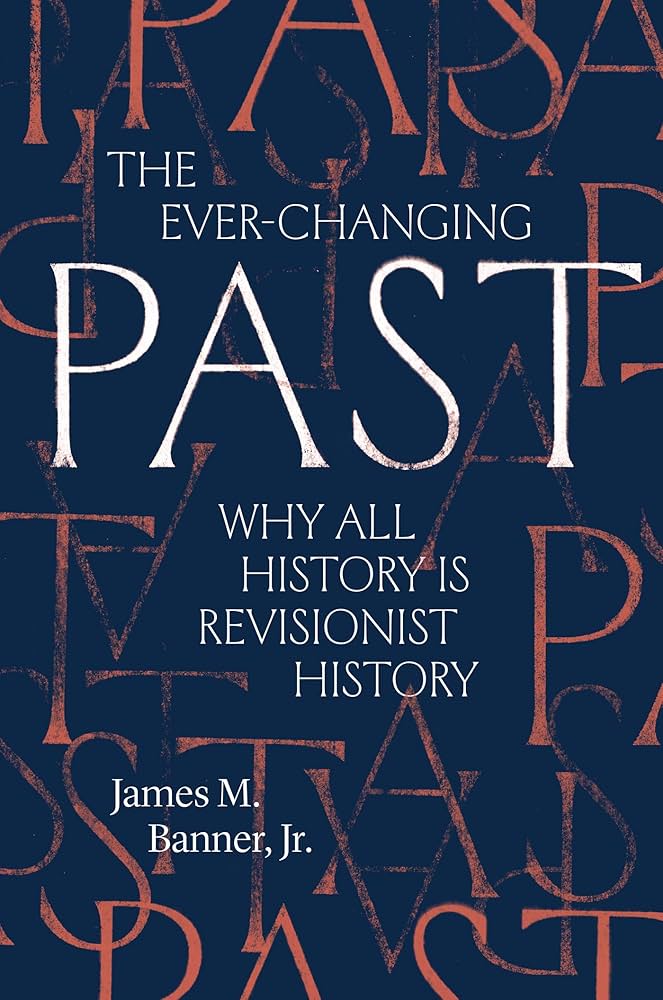
In the classroom
For educators, this negative attitude toward “revisionist history” creates one more challenge to teaching social studies in our current climate. The fear over and opposition to considering new evidence and arguments directly contradicts the attitude and role of historians. As we strive to empower students to think historically, we can find ourselves stuck between a rock and hard place.
Practically speaking, the role of the educator is to guide students through the process of analyzing and questioning historical narratives, equipping them with the tools to critically assess the evidence available to us at this particular moment in time. We want our students to recognize that while the past doesn’t change, history is not static, but a dynamic field that thrives on inquiry, debate, and revision when necessary.
This requires use to encourage our students to ask tough questions:
- For what purpose was the historical narrative constructed?
- Whose voices have been left out?
- What historical and personal contexts may have shaped the recording of the past?
Our job is not to simply teach facts and get students to regurgitate that information. Our classes become significantly more interesting when we teach them to study the complexity and nuance of the past.
In this way, we enable students to critically examine what they hear and learn not just within the walls of our classrooms, but in our fragile democracy as well. As Orwell’s quote reminds us, the ones who control the narrative of the past, hold power over both the present and future. As educators, we can equip our students with the skills and mindset to critically evaluate who has that power and hold them accountable for how they influence the stories we tell about the past and the lessons we take into the future.
